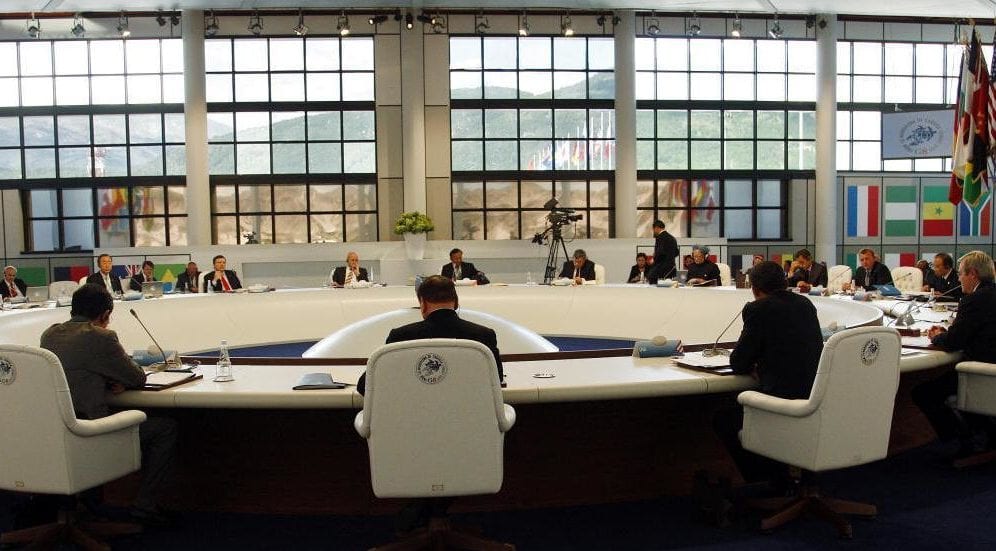Send to a friend
The details you provide on this page will not be used to send unsolicited email, and will not be sold to a 3rd party. See privacy policy.
A global forum to house, support and build links between large numbers of development organisations is planned in New York City, United States.
The International Center for Peace and Security (ICPS) intends to enhance collaboration between organisations working on development issues such as poverty, climate change, sanitation and biodiversity, it said in a statement earlier this month (4 June).
To do so, it will offer office space and secretariat services for organisations including government agencies, think-tanks and research bodies. The ICPS says it also plans to provide a conference centre and to host regular meetings on subjects relevant to the forthcoming Sustainable Development Goals.
A list of more than 150 prospective tenants and members comprises organisations such as Amnesty International, the Bill & Melinda Gates Foundation and the Rainforest Alliance.
The ICPS will not run its own projects. Instead, it plans to bring together existing programmes, including those to do with the coordination of emergency relief, humanitarian aid and reforestation.
The main idea is to spark a global conversation about the overlaps between different development problems, says Stirling Dean, the centre’s executive director. If an organisation is working to eradicate poverty or inequality, for example, it must take into account the environmental dimension of these matters, he says: “All these issues are interrelated. It’s like an ecosystem.”
There is no doubt that all the big global issues are interrelated, says Jamie Cross, an anthropologist from the University of Edinburgh in the United Kingdom. But, he adds, development professionals based in the global South may have “slightly more sceptical views” about the centre, which is based in the United States but aims to solve problems that have greater ramifications in developing countries.
Dean, however, says the centre’s potential location, close to the United Nations headquarters, could be an asset. “There are about 150 organisations in New York already that are here to be close to the UN, and are working on their own issues,” he says.
He adds that the centre will be able to involve people from organisations in developing countries, for example through web conferencing and visits to New York.The ICPS is working to find an appropriate location in New York. So far, it has mainly been funded by its board of directors, made up mostly of development specialists who previously worked for the UN.
The centre has also relied on private donations and says it will launch a fundraising campaign in the coming months. Dean says the project’s overall budget and due date are still undetermined.














